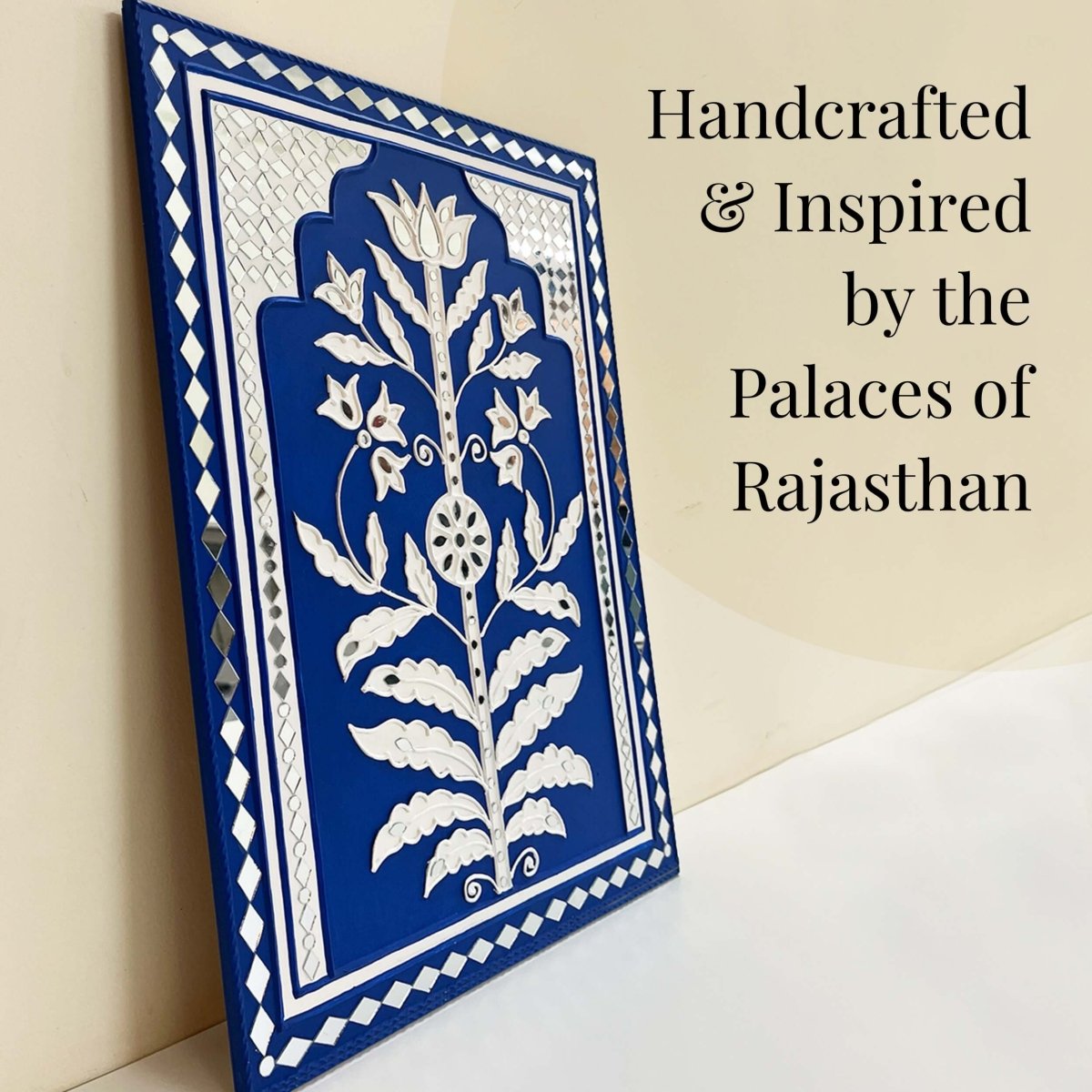General Thimayya: An Indian Hero in Korea and Cyprus
BOOKMARK
Somewhere in Cyprus is a street named after an Indian soldier who was on a peacekeeping mission there 60 years ago. Of course, he was no ordinary soldier. Former Indian Chief of Army Staff (1957–61) General K S Thimayya is also a hero of the Korean War, for his tactical work with Prisoners of War (POW).
Those were not the General’s only military achievements. Thimayya was also the only Indian officer to command a British unit, the 268 Indian Infantry Brigade in Japan, during World War II (1939-45) when India was administered by the British Crown. And, during the first Kashmir War (1948), he distinguished himself by driving out raiders and Pakistani Army soldiers from Ladakh during this conflict.
Thimayya’s first international assignment was during the Korean War (1950-53), where he carried out delicate negotiations with POWs trapped in hostilities that broke out when Communist-controlled North Korea invaded American-controlled South Korea at the height of the Cold War.
When the war ended in 1953, around 20,000 POWs refused to return to their home countries and were held under the United Nations (UN) command. India was a neutral country during the war and the UN set up the Neutral Nations Repatriation Commission (NNRC) under General Thimayya, for the exchange of these prisoners and their security. For five months, between September 1953 and February 1954, Thimayya worked tirelessly with 20,000 POWs from the United States, Korea and China. He and his team apprised them of their rights and privileges and helped them decide on either returning to their home countries or a neutral country.
It was due to Thimayya’s leadership and neutrality that most of the POWs returned to their home countries; only 80 opted to live in a neutral state, most of them in India and Brazil.
After retirement, Thimayya went on to leave a mark on a small Mediterranean island, where he embarked on his second international mission in 1964. On this occasion, he headed the UN mission in Cyprus, which was torn apart by civil war. The conflict resulted from a division within the people of the island nation, who owed allegiance to either Turkey or Greece.
The armed resistance had brought Cyprus to a standstill. A United Nations Peacekeeping Force was thus stationed there, with Thimayya as its commander. Under his leadership, the fortifications built by both communities were dismantled; many environmental and industrial projects were initiated between the two communities so that the economy could function; and Thimayya ensured that rations and relief materials reached strife-torn regions.
Thimayya died while serving in Cyprus, on 17th December 1965. In 1966, the Cyprus government released a commemorative stamp in his honour and also named a street after him in Lacarna, Southern Cyprus. To honour his role in negotiations during the Korean War, a statue of the General graces the recently opened Indo-Korean Friendship Park in Delhi.
Thimayya was an inspirational General who believed in leading by example. It was no surprise then that, during the Quit India Movement in 1942, his battalion was called upon to manage restless mobs, which he did with supreme ease. Such was the stature of the man that, at the end of World War II, when Japan ceremoniously surrendered in Singapore, Thimayya signed the Instrument of Surrender on behalf of British-India, where he was awarded the ‘Keys To Manila’.









